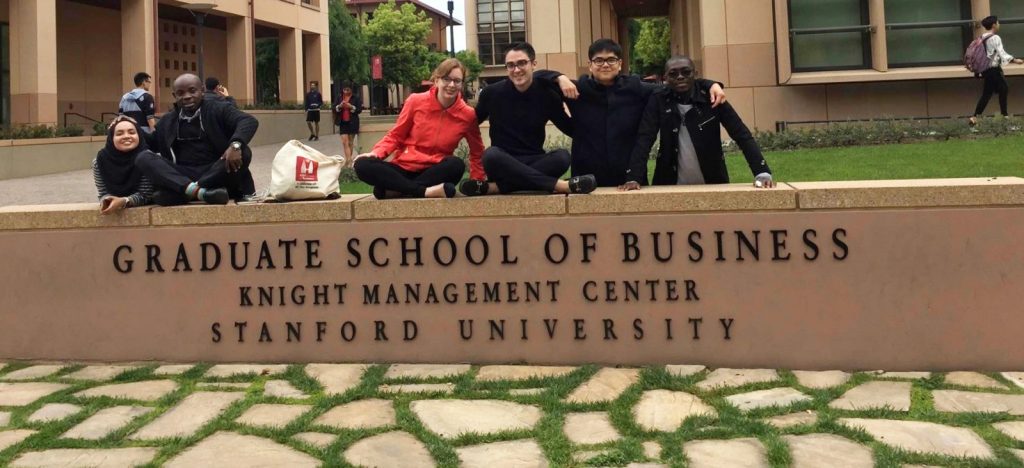For many young professionals, pursuing an MBA is tantamount to bringing some level of certainty to one’s life. Whether this is in the form of personal validation, the need for a period in which to find one’s true calling in the world, or just a promise of a promotion, the degree seems to be a pathway to some mythic oasis of clarity. This is edified by the idea that the skills one would gain through their MBA coursework is, more or less, predictable – both the curriculum and the faculty are well-known, and there’s a clear understanding of which industries frequent which schools during recruiting season.
I myself was no exception in that I hoped to take a sharp turn that might steer my somewhat atypical career path into a more concrete corporate or academic future. Once I had arrived at ASB and the initial profusion of adrenaline – stemming, mind you, from the fact that I was working with young professionals from a different continent every day while living in a veritable tropical resort – had worn off, however, I had a somewhat sinking realization that a midlife layover at ASB would in no way lead me to a path of certainty (at least initially).
It was of course no secret that we would be the charter class for a new business school, but the degree to which ambiguity reigned became present in the most quotidian of circumstances: asking questions such as how to submit a form, or to whom I should speak to start a process were constantly met not with answers, but typically with more questions. This dynamic proved omnipresent throughout my first semester, permeating experiences in the classroom (which professor is coming this week?) to my Action Learning projects (what are we supposed to be doing, again?), and even to my personal life (why am I being deported? [just kidding]).
What started to differentiate my time at ASB from the anecdotes of my friends and colleagues at other business schools, however, was the extent to which faculty and administration here were aware of the work that remained to be done, and the intent with which they listened to our feedback. On more than one occasion, we met with the faculty to discuss an issue at hand, and the student feedback was incorporated immediately. It became clear that this looming specter of ambiguity was present on both sides of dean’s office, and that all of the school’s constituents were interested in working together to make the decisions that would help ensure that ASB developed into a world-class institution.
The upside of all of this has been that, since so little had been defined by the school (and that the faculty and administration were so committed to each and every one of us), opportunities tend to be only a proposal away: by way of allegory, it is perhaps true that filling a void tends to be an easier task than destroying and reconstructing an existing edifice. To this end, my first year resulted in me joining a faculty research project, working with two global FMCG companies, and securing a summer fellowship at MIT. I was also able to offer an opinion on any of the new student groups that emerged throughout campus, as well as the development of the administrative infrastructure necessary to ensure that these opportunities were viable and impactful.
In short, and perhaps ironically, I did gain some clarity at ASB via the message that clarity might not always be the greatest goal to which one should aspire. In fact, ambiguity examined a different way often resembles opportunity, and it is simply up to us to ensure that we have wherewithal and vigilance necessary to reach through it and the connect the dots in such a way that we fashion a constellation of actions that aligns with the goals to which either we or our communities aspire.
While it’s not yet certain whether this ethos of maximizing the output of uncertainty is a product of ASB’s unique culture or a function of the school’s startup state remains, I have watched as both my classmates and I have become practiced decisions-makers with a bias toward (thoughtful) action when unexpected ambiguity arises. I do hope that ASB continues to embrace this spirit, and I have no doubt that this is going to be a skill that we all bring to our future positions, and for which ASB develops a reputation of producing principled, transformative, and global leaders.





